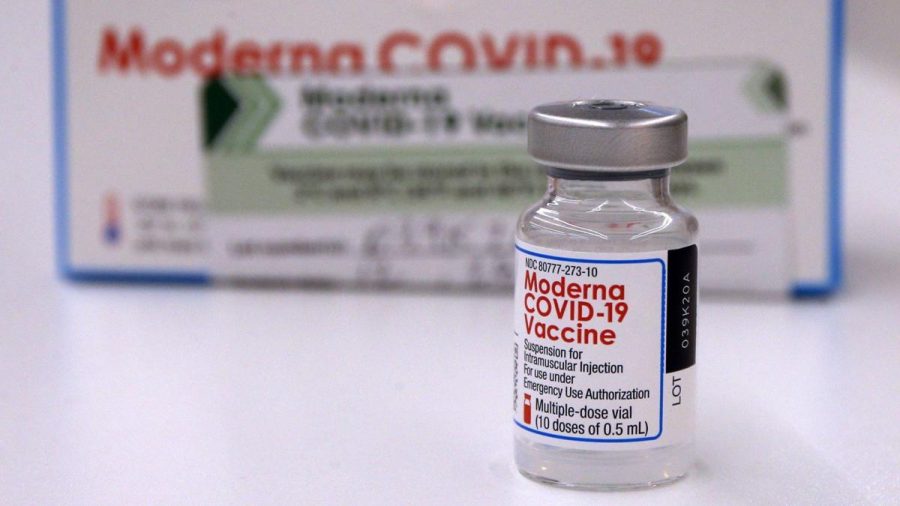Vaccine Requirement
With promising results from the COVID-19 vaccines, there is one question plaguing many students’ minds – will they be required to get the vaccine to return to school?
Despite the paralyzation of the economy and the shutdown of schools, the coronavirus has and continues to claim the lives of many with each passing day. But with the possibility of a vaccine on the near horizon, people’s desire for normalcy is flaring now more than ever, leaving some major concerns within the minds of society. One of these so-said concerns revolves around the controversial vaccine, and whether or not schools will require students to be vaccinated against the virus in order to return to school.
Though a mandate is still a ways off, the growing eagerness to re-embrace the seemingly long-lost sense of normalcy is driving some to accept actions without considering the long-term effects, including the extremely new COVID-19 vaccine. Though the availability of the vaccine is limited, some are already considering a requirement for it within schools, but as with many controversial topics concerning policies and the government, it is not a matter of if they can, but whether or not they should.
The most sensible answer would be to prolong a requirement, after all, no one is certain of the long-term effects the vaccine could inflict upon people. Unlike other vaccines, the COVID-19 vaccine only just appeared as a potential source to stop the spread. With the hasty and rushed testing stemming from the aforementioned eagerness to get back to the way things were, there is no saying what it may do to people later down the road. With so many unanswered questions surrounding the vaccine, such as how long it will protect people, if it will even be effective in certain populations or what side-effects it may cause, it is only logical to avoid building mandates and policies upon a foundation of uncertainty. Society would not want to get the vaccine now, only to become sick from the effects down the road, would they?
Along with this, the logic in requiring a vaccine for students is entirely lacking when one considers the overall goal of the vaccine. Since the majority of the population affected by the virus is well past the age of high school graduation, why should high schoolers have to also get vaccinated? True, they may carry the virus without displaying symptoms, but those at high-risk will, or should, be the first ones in line to get it. This means that the elderly populations, along with the devoted healthcare workers, will then become exposed to the virus through the vaccine and will build an immunity to it – assuming the vaccine can and will do its job properly. So if many of the high-risk populations affected by the virus are then immune, why force students to also get vaccinated if they are not the ones susceptible? They would be getting vaccinated against something that no longer poses a threat. Sure, the virus can mutate and begin to affect the younger population, but if that happens then the biggest concern would shift to surround the development of a completely separate vaccine.
With effective measures like social distancing and mask-wearing, students are already contributing their efforts towards lowering the spread of the virus. Prioritizing others’ safety over something as vital as education is already an immense undertaking to ask of students. They should not be repaid for their efforts by being forced to undergo questionable injections.
When all is said and done, the long-term goal for (hopefully) most is to eradicate this virus or, at the very least, lower the number of cases. That goal is still obtainable without requiring students to become vaccinated against their wills. If individuals decide it is in their best interest to become vaccinated, then they ought to do as they see fit, however, they should not be forced to inject something so uncertain into themselves.
Your donation will support the student journalists of Bismarck High School. Your contribution will allow us to purchase equipment and cover our annual website hosting costs.

With a passion for the humanities, Rebecca is an art and literature-loving food aficionado. She loves to travel and try new things and is a certified knowledge...




Braden Grahl • Jan 11, 2022 at 11:39 am
I agree with your point, while I believe it would be good idea to have vaccines mandating them could be bad if someone were to be allergic, because then they have to stay back over something they have no control over.